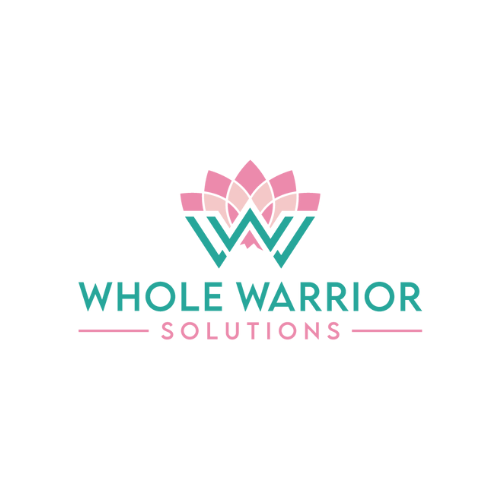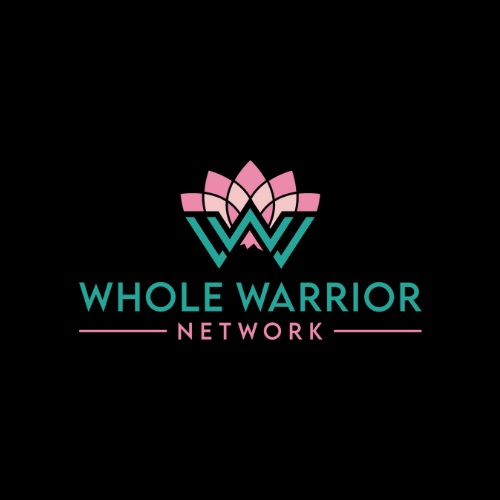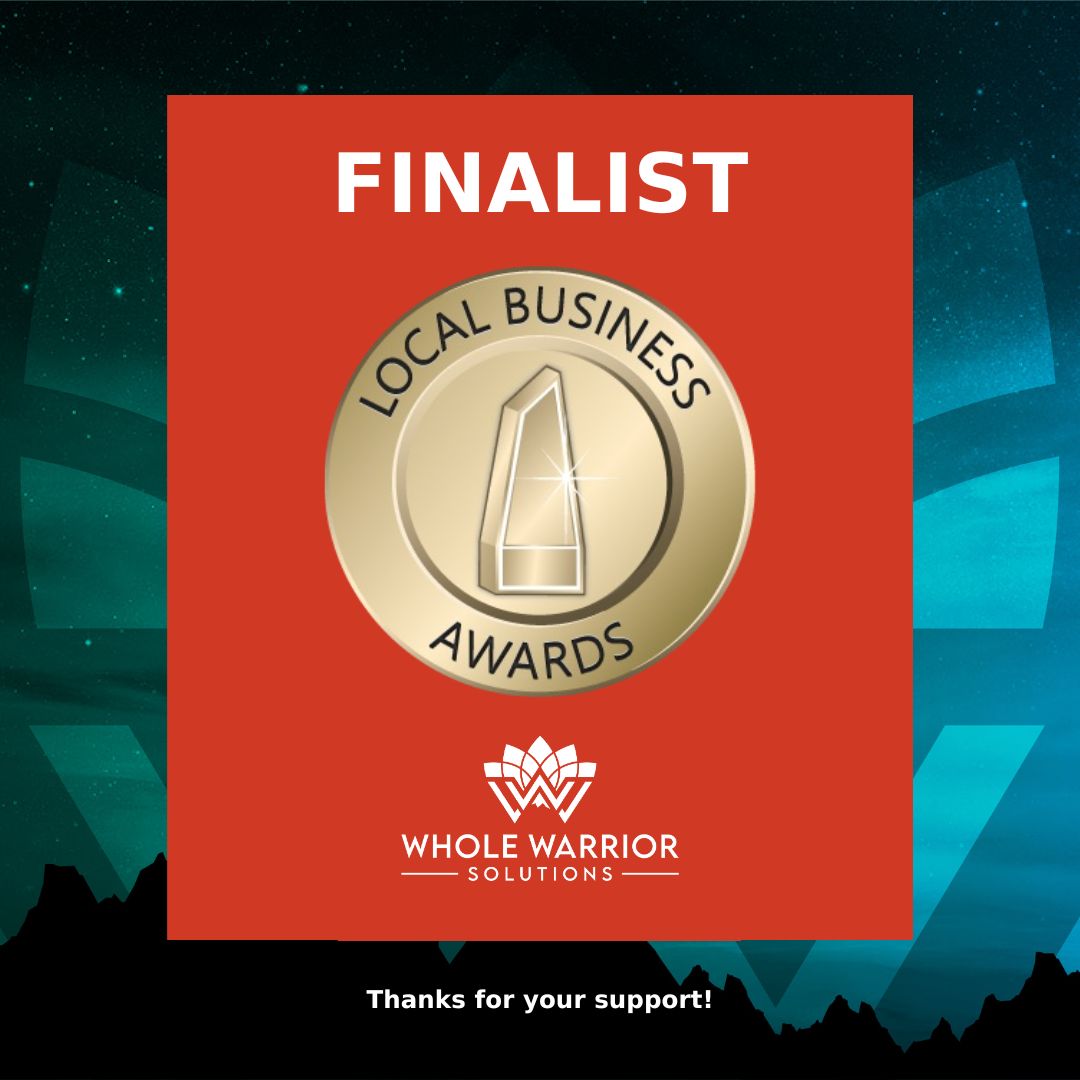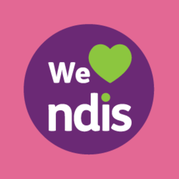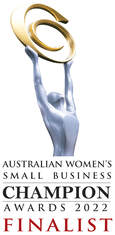|
As an NDIS provider, it's important to prioritise self-care and wellness to effectively help those living with disabilities. Burnout is a common issue in the fields of disability work, social work, community work and nursing. Recognising the signs of burnout is crucial in preventing it, particularly as a busy entrepreneur. Symptoms such as exhaustion, cynicism, and reduced effectiveness can impact both your personal life and your ability to provide quality care to your clients.
To proactively invest in your wellbeing, it's important to make time for self-care activities such as exercise, meditation, and peer supervision. Additionally, attending events such as the Whole Warrior Network Retreat can provide valuable resources and support for NDIS providers. The retreat, taking place from August 24th-27th in the Sunshine Coast Queensland, offers professional development opportunities and a chance to connect with like-minded individuals in the disability field.
0 Comments
Self-care is an essential aspect of overall wellness, especially for those who participate in the National Disability Insurance Scheme (NDIS). It includes various activities and routines that aim to reduce physical and mental tension. According to the World Health Organisation, self-care is crucial enough to dedicate a whole month to it, culminating in International Self-Care Day on July 24th. Prioritising self-care means taking an active role in your own health, and the benefits extend beyond stress relief and mood improvement to disease prevention and longevity.
It is essential to note that some of the most effective ways to embody self-care are intentional and proactive. Here are four inspirations for unwinding this month and participating in a worldwide movement of health-conscious enjoyment. 1. Spend time outdoors Reconnecting with nature is a profound experience that touches on so many different aspects of overall wellness. Spending time outdoors comes with positive results such as improved heart health, soothed muscle tension, and reduction in levels of cortisol (often called the “stress hormone”). Outdoor time could mean anything from exploring a new walk in a lakeside park or getting a vigorous workout with Kayak-Cardio. 2. Pick up a mindful hobby Engaging in any activity that pulls your focus from the internal toward something external can be a healthy pursuit of mindfulness. For example, joining a group who do free tai chi in the park or practicing yoga and meditation weekly. Mary appeared almost unrecognisable as she walked down the hospital corridor shuffling her bare feet. She held out her arms. We embraced. She held on and sobbed, and sobbed. Our arms stayed locked until she was ready to release. Mary appeared an empty shell of the lively woman I used to support. Now Mary appeared broken, dishevelled, with matted hair, and wearing someone else's clothing. Mary stared at me with a vacant yet desperate gaze. It was like the life had been sapped from her. Devastated from years of abuse, forcibly separated from her children, deprived of all freedoms in a locked hospital ward. Mary had been scheduled under Section 22 of the Mental Health Act as she had been a risk to herself and her children allegedly.
Listening to Mary recall her ordeal made tears well up in my eyes. Mary described the process of being forcibly detained with six men physically restraining her during the scheduling and jabbing her with a needle - likened to the trauma of a sexual assault. There were no words to console. Sometimes it is the deep understanding of just sitting with the grief, together. We sat and cried. The fact Mary felt safe to share her dark night of the soul with me spurred me on to advocate for her with the hospital social worker and mental health nurse. I attended discharge planning meetings with Mary and committed to supporting her with followup tasks to help her rebuild her life. Mary had no family and really needed support to re-enter society. Whilst Mary stayed in hospital she received a number of labels or diagnoses about her mental health. Forced to attend groups with people living with significant mental health and forensic histories, including schizophrenia, bipolar, borderline personality disorders, narcissistic personality disorders and other's with complex comorbidities and behaviours. Mary described feeling scared living with people not of her choosing, some who were very unwell, gave her death stares, and others who followed her around the corridors. Mary said she stayed in her room to increase safety. Yet was expected to engage in group therapy and activities with people not of her choosing. After a month and much advocacy on my part, Mary was discharged and ready to start a new life. A new chapter, new beginning. Over the next year that I walked alongside Mary, I held space for her. Helped her find a new home, linked her with support workers, cleaner, a gardener, and visited her weekly. The home visits eventually tapered down to fortnightly then monthly. Over time Mary's energy and self-care practices returned, had enough energy and money to meet up in the community, going for walks, meeting for coffee, doing activities together, text messages and phone calls. During this recovery coaching journey Mary integrated trauma, engaged in holistic somatic practices, equine therapy, talk therapy, sound healing, mindfulness and meditation practices in line with her faith. Mary overhauled her concept of good nutrition, exercise, hydration and more. As her wellness and confidence increased I helped her get a part-time job with animals that she loved. I had the grand privilege of witnessing Mary's transformation to wellness! The combination of science and spirituality is a fascinating subject that has been explored by many. When it comes to the sun hitting the water, there are a number of profound benefits that can be experienced. Some possible continuations to consider include:
The journey of a childless woman presents many twists and turns. Those childless by choice may revel in the control of their decision to live a childfree life. Those childless by circumstance, may however experience inequality and varying socio-economic status across the lifespan. The journey of infertility often negatively impacts relationships, health, social status, and wellbeing.
Famous childless women such as Oprah, Cameron Diaz, Dame Helen Mirren, Condoleezza Rice have worked for causes they believe in, overcame the inequity of stigma and the gender pay gap. Yet many childless women experience invisible heartache, social discrimination, relationship pressures and situational decline in mental health (Graham, 2015). Causes of infertility may comprise 50% endometriosis (La Rosa etal, 2020), and varying percentages of PCOS, pelvic inflammatory disease, fibroids and other issues. Sometimes it is also the man who is infertile. The length of time and number of medical interventions attempted prior to and after diagnosis may also negatively impact earning potential, mental health and finances. Come with me to a little Greek island called Ikaria. A blue zone where the people forgot to die they live so long! Living with a disability it may be likened to a labyrinth like the one in Ikaria for some. A maze of entrapment. Others may put on their wax wings, fly out of the maze keeping a straight course between the sun and the water, whilst ensuring not to go too close to either so the wings don't melt.
Whether or not you subscribe to Greek mythology, NDIS providers have a great responsibility inspire hope, mentor lifestyle habits such as good nutrition, exercise, fresh air, sunlight, water and connection. In her book Food as Medicine, dietitian, Dr Sue Radd says what we put in our mouths will either slow down or speed up chronic disease. Some people living with a disability are able to make positive choices about nutrition and lifestyle, other's are completely dependent on their providers to improve and maintain their wellness. One of my roles, in addition to counselling and casework, is coordinating the NDIS network. It is a community of nearly 500 NDIS providers who brainstorm together to offer the most relevant services and products for people living with a disability. All types of businesses and professions are represented. Many are health allied professionals who are well informed about the benefits of a mediterranean diet, like the Ikarian's, that contributes to longevity and wellness. If you are an NDIS provider consider what lifestyle habits you are role modelling today? Are you eating a healthy lunch in front of your participants, living a balanced lifestyle, turning up to work ready for the day after a good sleep, drinking enough water throughout the day, inviting participants to get out in the fresh air and sunshine when possible, offering healthy activities for them? When we take control of our self-care it will improve mood, self image, and increase health literacy. There is much we can learn about bluezones like the tiny Aegean Greek Island, Ikaria. Ikarus, son of Daedalus who created the labyrinth, became complacent and flew too close to the sun causing his wax wings to melt leading to his demise. Hence the saying 'Don't fly too close to the sun!' Are we flying close to the sun? Complacent about our nutrition...and has it caused a demise in our health? Why do the Ikarians have less chronic diseases like dementia and heart disease? Whilst we are grounded from flying during the pandemic, I'm going to research a more about the secrets that contribute to them living longer and healthier lives. I want my waxed wings to withstand the elements of wind and sun, and carry me into old age with dignity and grace. When I put my hand to my mouth I'm also going to try to remember that food is medicine..my body is a temple! Love & light Tania Start networking in our NDIS provider network to make a difference here! For Mediterranean cullinary inspo follow inspired Dr Sue Radd who won "Best Health & Nutrition Book," World Cookbook Awards, 2017 on Instagram @culinary_medicine The meaning of life! What is it, how do you find it and when do you arrive at it? The meaning of life is often pondered at times of profound grief. The type of gut wrenching, knock the wind out of you, can't get out of bed for six months grief. Ever been there? Maybe you're there right now. Posturing the circle of life, balancing on the edge of a high place, or laying in the depths of sorrow. To love is often associated with risk of grief.
To love is to become attached to another person or animal. The recent outpouring of sadness for the koalas lost and injured in the Australian bushfires demonstrated Australia's love of our iconic bears. The depth of collective sadness was remarkable. In contrast, what about a parent's private and protracted grief after the loss of an adult child to suicide. Sadly stigma and shame can be a barrier to an outpouring of support for the bereaved. I think about my mother who cared for her husband who lived with the slow progression of vascular dementia for 23 years. At the end of his life she put on his bronze memorial plaque 'My chains are gone!'. It struck me as a remarkable celebration of his freedom and a sign that she had already grieved the loss of the man she loved. The way we grieve is therefore affected by the circumstances. Expressions of grief in some families may not be tolerated in other societies. When my new husband was diagnosed with a terminal illness I'll never forget how I felt. I think I mentioned it earlier...gut wrenching, knock the wind out of you, can't get out of bed for six months type of feeling. Yet he reacted in the opposite way that was foreign to me. Nobody was right or wrong. It's messy, this grief thing. It's intangible and foul smelling if we let it. Complicated grief can happen when it goes on a very very long time. Theorists have debated models of grief for centuries...Freud, Shear, Wagner, Warden to name a few. What seems to affect the way we cope with grief is things like how attached we are to the person, personality, spiritual beliefs, complicating factors like mental health, abuse, culture, social norms and circumstances of death to name a few (Hall, 2011). Grief is a really personal thing. Nurses stepped up a notch when my loved one entered palliative care. The outpouring of empathy, kindness, consideration for the little things was outstanding. It made the whole death thing somehow tolerable. Do doctors crank up the morphine and teeter it to the edge of what some may call euthanasia...so that it is 'a good death'. It spared the patient from the depths of physical pain. Come to think of it I've been present when three loved ones have been in palliative care. The pattern each time was doctors releasing them from suffering. I recall my ethics professor discussing Thompson's famous violinist case...which illustrated when making decisions about life and death always consider is it 'for the greater good'. Quite an ethical dilemma...the euthanasia debate. Which brings me back to the meaning of life. We critically analysed abortion for 13 weeks in my philosophy class...I remember wishing I could do my essay on the ethics of euthanasia because it was more topical for me at the time. In studying ethics, I reflected on the social conditioning and institutionalisation I had been exposed to in my lifetime and how it had impacted my choices. At the end of the circle of life, personally I want to know I have lived a good life? Have I been kind, ethical, responsible, considerate of others in my choices and behaviour. Just being a decent human being, living life for the greater good seems enough for me. Kinda makes me want to start a kindness epidemic with so many doing it tough! Support for grief and loss support is available. #philosophy #circleoflife #bereavement #grief #griefandloss #death #life #meaningoflife #palliativecare #naturaldisasters #bushfires #suffering #euthanasia #resilience #makenewmeaning #loss #griefsupport #griefjourney #griefandloss #love #grieving #mentalhealth #healing #death #lifeafterloss #bereavement #depression #childloss #hope #babyloss #griefawareness #anxiety #miscarriage #support #widow #griefsucks #family #stillbirth #selfcare #griefrecovery #infantloss #pregnancyloss |
AuthorTania Gorry is the founder of Whole Warrior Solutions based on the Central Coast of NSW. Blog Categories
All
Blog Archives
December 2023
|
|
At Whole Warrior Solutions we provide Counselling, Coaching, Consulting and Community Services Australia wide. Established 2018
Empowering futures! Founder of Whole Warrior Network @wholewarriornetwork #ndisnetwork Established 2019 |
CONTACT US
Nexus, 3 Amy Close, Wyong NSW 2259, Central Coast, Australia PO Box 200, Wyong NSW 2259 T: 0401 503 477 |
|
(C) Copyright 2018-2023 Whole Warrior Solutions | All rights reserved | ABN 59 941 852 312 | Privacy | Disclaimer
|
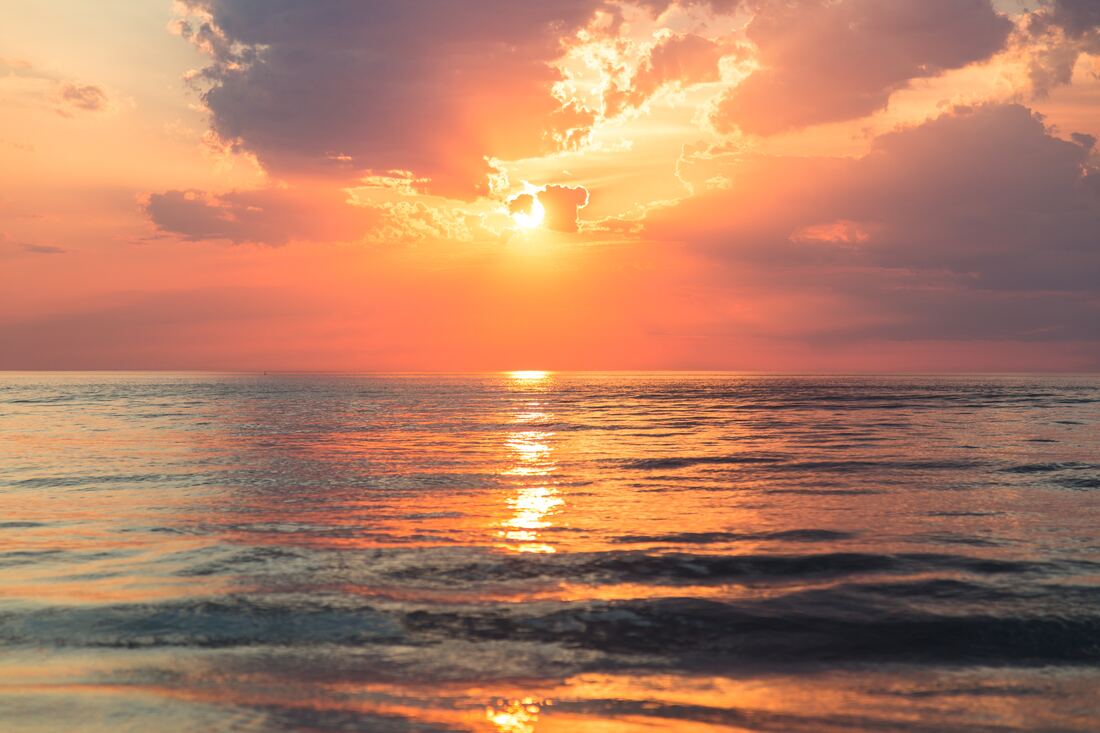

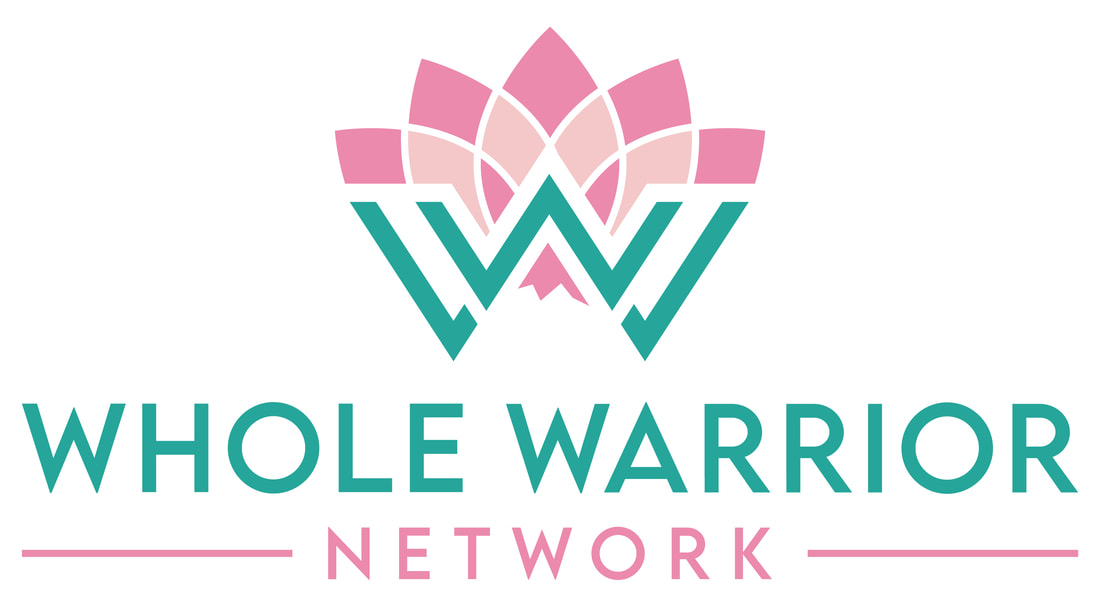
 RSS Feed
RSS Feed
